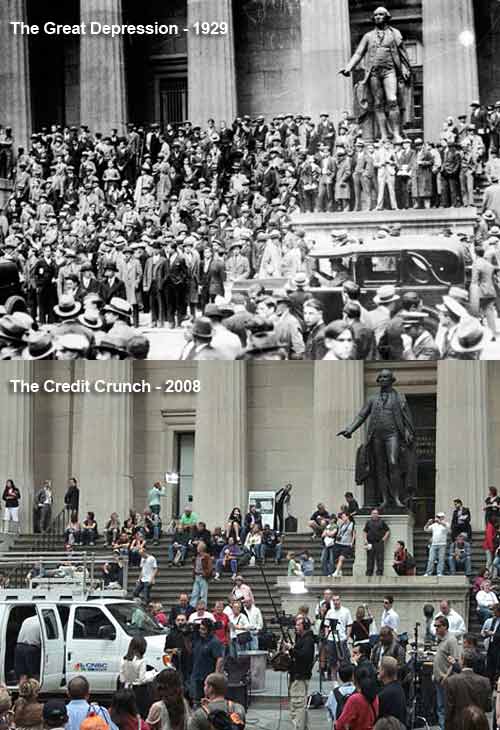I will likely never go to the poles...but I remember getting so engrossed and feeling like I had been taken away to the frigid poles when back in 2005 I read the book (later saw the documentary also) about Shackleton's famous failed (or successful, depending on how you see it - #Fail for not reaching the South Pole; #WIN for surviving the Antarctic winter for that long and the entire team - more or less, if memory serves me right - coming back alive) expedition.
So, I am familiar with the Amundsen-Scott rivalry and Amundsen's successful conquest of the South Pole but there seems to be high adventure and intrigue about the conquest of the North Pole too.
Fascinating story this, from this month's Smithsonian magazine.
I think some day I should go read another such book - this one perhaps, The Story of Polar Conquest by Logan Marshall. (Indeed - no physical activity for this geek -- reading about such adventures is all I can indulge in! ;) But hey... at least I don't drive an Explorer ;) I remember this from Paul Reiser's book, Babyhood:
So, I am familiar with the Amundsen-Scott rivalry and Amundsen's successful conquest of the South Pole but there seems to be high adventure and intrigue about the conquest of the North Pole too.
Fascinating story this, from this month's Smithsonian magazine.
Who Discovered the North Pole?
A century ago, explorer Robert Peary earned fame for discovering the North Pole, but did Frederick Cook get there first?
On September 7, 1909, readers of the New York Times awakened to a stunning front-page headline: "Peary Discovers the North Pole After Eight Trials in 23 Years." The North Pole was one of the last remaining laurels of earthly exploration, a prize for which countless explorers from many nations had suffered and died for 300 years. And here was the American explorer Robert E. Peary sending word from Indian Harbour, Labrador, that he had reached the pole in April 1909, one hundred years ago this month. The Times story alone would have been astounding. But it wasn't alone.
A week earlier, the New York Herald had printed its own front-page headline: "The North Pole is Discovered by Dr. Frederick A. Cook." Cook, an American explorer who had seemingly returned from the dead after more than a year in the Arctic, claimed to have reached the pole in April 1908—a full year before Peary.
A century ago, explorer Robert Peary earned fame for discovering the North Pole, but did Frederick Cook get there first?
On September 7, 1909, readers of the New York Times awakened to a stunning front-page headline: "Peary Discovers the North Pole After Eight Trials in 23 Years." The North Pole was one of the last remaining laurels of earthly exploration, a prize for which countless explorers from many nations had suffered and died for 300 years. And here was the American explorer Robert E. Peary sending word from Indian Harbour, Labrador, that he had reached the pole in April 1909, one hundred years ago this month. The Times story alone would have been astounding. But it wasn't alone.
A week earlier, the New York Herald had printed its own front-page headline: "The North Pole is Discovered by Dr. Frederick A. Cook." Cook, an American explorer who had seemingly returned from the dead after more than a year in the Arctic, claimed to have reached the pole in April 1908—a full year before Peary.
Anyone who read the two headlines would know that the North Pole could be "discovered" only once. The question then was: Who had done it? In classrooms and textbooks, Peary was long anointed the discoverer of the North Pole—until 1988, when a re-examination of his records commissioned by the National Geographic Society, a major sponsor of his expeditions, concluded that Peary's evidence never proved his claim and suggested that he knew he might have fallen short. Cook's claim, meanwhile, has come to rest in a sort of polar twilight, neither proved nor disproved, although his descriptions of the Arctic region—made public before Peary's—were verified by later explorers. Today, on the centennial of Peary's claimed arrival, the bigger question isn't so much who as how: How did Peary's claim to the North Pole trump Cook's?
I think some day I should go read another such book - this one perhaps, The Story of Polar Conquest by Logan Marshall. (Indeed - no physical activity for this geek -- reading about such adventures is all I can indulge in! ;) But hey... at least I don't drive an Explorer ;) I remember this from Paul Reiser's book, Babyhood:
“Suddenly you understand those behemoth station wagons your parents had. But because we [baby boomers] are, as a group, so very much more clever, we now surround ourselves instead in hulking tanks - uglier by far than anything we sat in the back of when we were 5. But this time they have much cooler names. Names reeking of adventure: Explorer, Expedition, Outback, Range Rover, Land Cruiser, Four Runner, Trooper, Pathfinder... Where do we think we’re going? We’re picking up diapers and dropping off a video. We’re not bagging a cheetah and lugging it across Kenya.”I love those lines and always remember them - especially the "We’re picking up diapers and dropping off a video" part! :)
P.S. In similar vein, I will never go mountain climbing but back in 2003 or so, I got so immersed in reading Eiger Dreams, a book of essays by Jon Krakauer about climbing various mountains, incl. the Eiger in the Alps. I have not read his more famous book - Into Thin Air - which I think, if I remember right, Sumit, you own and were reading at one time when I was visiting you. Did you ever finish reading that book?
And so, for more vicarious living, I share with you these two videos of high-adrenaline rush activities.
Youtube - Ski-Gliding the EigerP.P.S. Yikes.. reading the wiki entry for Eiger, note that 2 people died on that mountain just last week!
YouTube - Speed-Riding Down The Eiger
24 March, 2009: Two Swiss climbers froze to death near the summit after successfully climbing the North face.
And so it goes...













![[Obama]](http://s.wsj.net/public/resources/images/HC-GN473_Obama_BV_20090311130903.gif)



